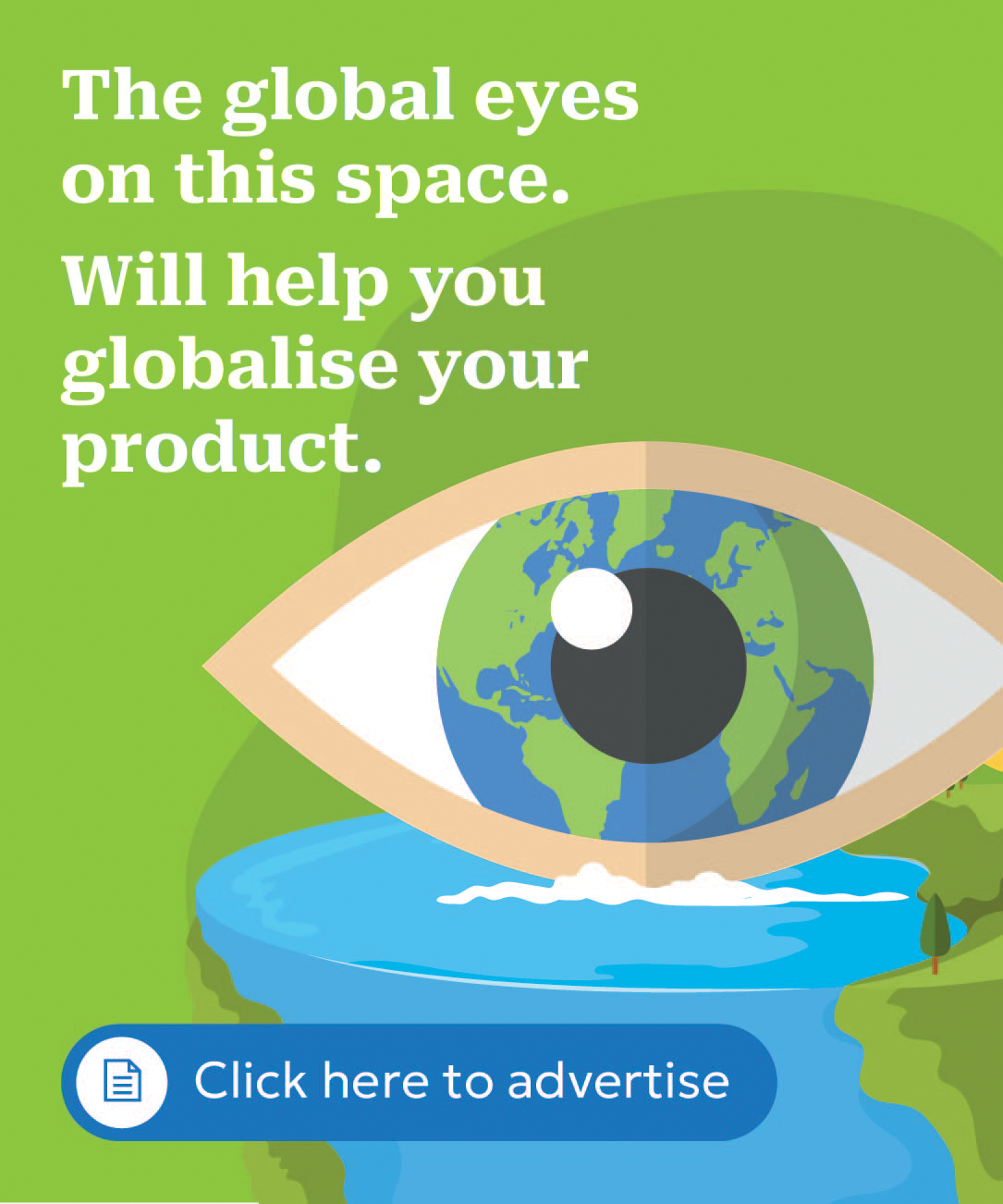Environmental campaigners were queuing up to condemn US president Donald Trump’s immediate decision to withdraw from the Paris Climate Agreement only hours after taking office.
The decision will setback global efforts to slow global warming within agreed limits and follows on from UK scientists saying earlier this week that atmospheric CO2 levels have now overtaken the targets set out by the Intergovernmental Panel on Climate Change (IPCC) to limit global warming to 1.5C above pre-industrial levels.
Dr. Rachel Cleetus, the policy director and lead economist for the Climate and Energy Program at the Union of Concerned Scientists said, “Withdrawing the United States from the Paris Agreement is a travesty,” saying it was a move in “clear defiance of scientific realities.”
Debbie Weyl, World Resources Institute acting director said, “On his first day back in the White House, President Trump is trying to turn back the clock on America’s clean energy leadership at the expense of American people and their health,” saying that pledging to roll back climate policies that have created more than 400,000 good-paying American jobs will only hurt workers and our economy.”
She remain defiant, adding that “The clean energy revolution will continue regardless of who is in the White House.”
A UNEP report published in 2023 claimed the world would exceed temperature rises of up to 2.9C above pre-industrial levels without urgent action.








